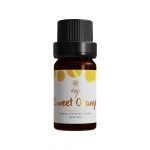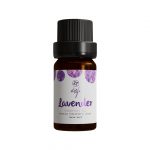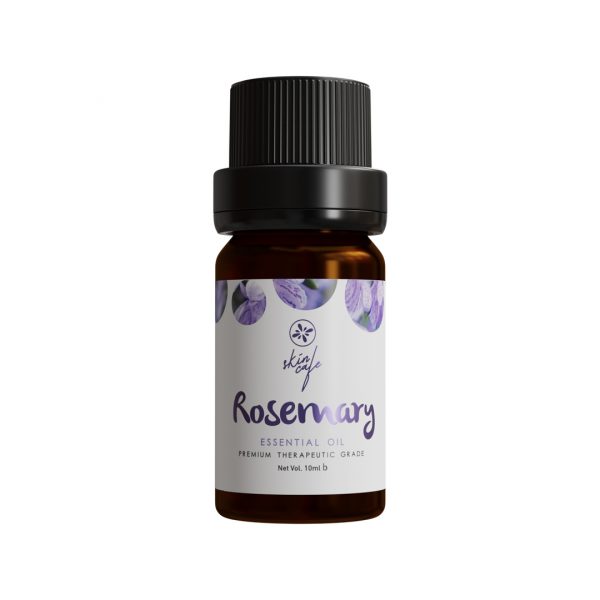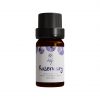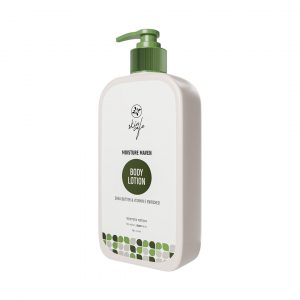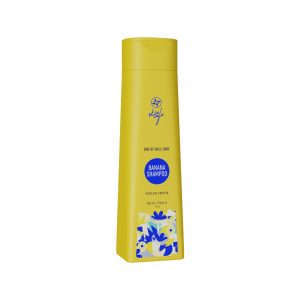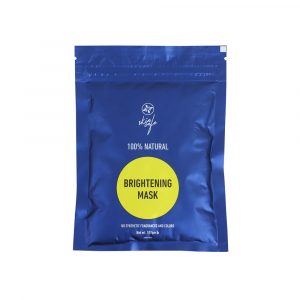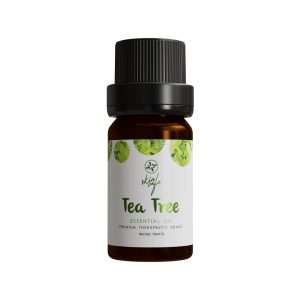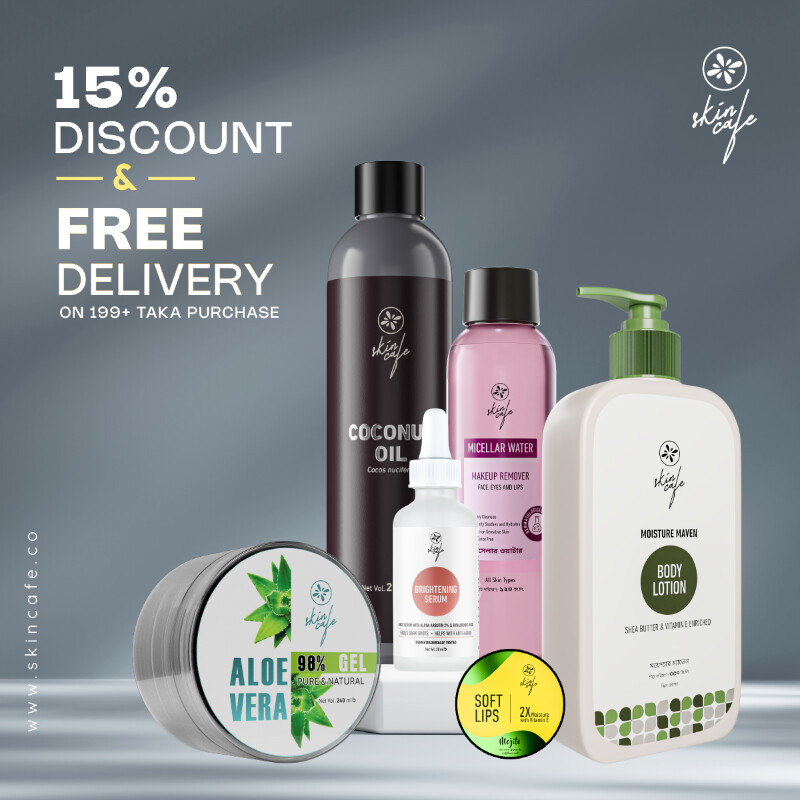What is the difference between essential oil and carrier oil?
Ans. Essential oils are distilled from the aromatic leaves, bark, and roots of plants. Despite its name, it is not a true oil, as it doesn’t contain fat .Carrier oils are vegetable oils, such as coconut oil or avocado oil, that have been derived from the seeds, kernels, or nuts of a plant.
Do you have to dilute rosemary essential oil?
Ans. Yes. Rosemary essential oil is a highly concentrated, volatile substance. To be used safely, it is advised to dilute rosemary essential oil with any neutral carrier oil, such as coconut oil. This helps prevent potential irritation of your skin and premature evaporation of the oil.
Is rosemary essential oil good for pimples?
Ans. Yes. Rosemary essential oil is excellent at managing sebum production, which means your pores will be clearer, and your skin will be a lot less oily. It’s anti-inflammatory as well, so it treats redness from frequent breakouts and reduces puffiness without causing further irritation.
Can people with sensitive skin use rosemary essential oil?
Ans. Yes, absolutely! Rosemary essential oil works great for all skin types, although it is recommended to do a patch test before using it as everybody’s skin is different. What might work for one, might not always work for the others.
Does rosemary essential oil grow hair?
Ans. Rosemary oil improves both hair thickness and hair growth; it is an excellent choice as it can enhance cellular generation.
Can pregnant women use rosemary essential oil?
Ans. For pregnant women, it is recommended to consult a gynecologist before using rosemary essential oil.

